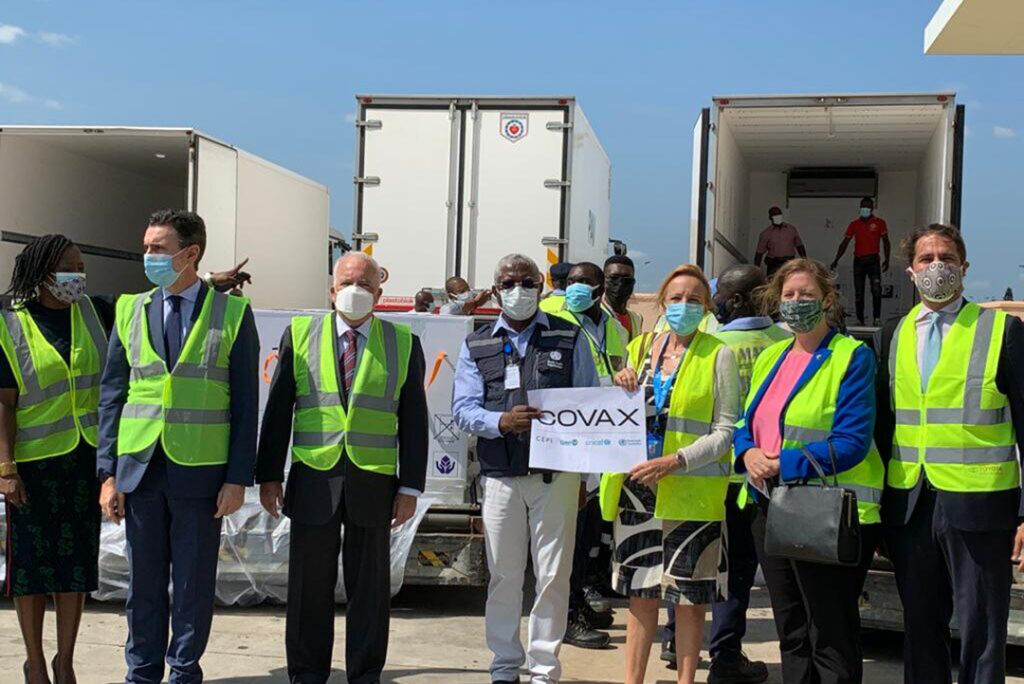ADF STAFF
The U.S. government has invested $320,000 into a program that will provide solar power to 92 health facilities in Sofala, a coastal province in Mozambique.
The United States Agency for International Development (USAID) awarded the Power Africa grant to renewable energy company SolarWorks! Mozambique to install off-grid solar-powered electrical systems to rural health facilities that serve about 138,000 people in Sofala, where 90% of health facilities don’t have regular access to electricity.
The grant covers operations and maintenance costs for one year.
The award “demonstrates what can be accomplished when the public and private sectors work together to address a problem,” U.S. Ambassador to Mozambique Dennis W. Hearne said. “With a modest amount of funding from the U.S. government, we are able to incentivize private sector engagement like this one, which will improve health care services for thousands.”
Electricity is needed to guarantee lighting and power phones, computers and medical equipment, as well as refrigerate medicines and vaccines, especially during the COVID-19 pandemic. Power for laptops, printers and the internet also will improve medical data collection and sharing.
Nearly 60% of Sub-Saharan Africa’s health care facilities lack electricity. Of those with electricity, only 34% of hospitals and 28% of health clinics have reliable power throughout the day, according to a 2019 World Bank report.
Other nations have turned to solar energy for their electricity needs during the pandemic. Last year, Madagascar received a $240,000 U.S. grant to power 35 rural health clinics that serve 140,000 people. Only 6.5% of rural households in Madagascar have access to electricity.
The solar energy program was established as Mozambican health officials warned of a likely third wave of COVID-19 infections as has happened in neighboring South Africa.
“The pandemic is far from over,” President Filipe Nyusi said in a Club of Mozambique report in late May.
Since the pandemic began, the U.S. has donated 50 ventilators to Mozambique’s Ministry of Health, contributed $3.7 million to help guarantee Mozambique’s vaccine readiness, and invested more than $20.4 million in training, supplies and equipment.
Mozambique launched its COVID-19 vaccination campaign in March and was expected to receive nearly 2 million doses from various sources by June. During the campaign’s first phase, the government planned to inoculate about 60,000 health workers. The country aims to vaccinate 16 million of its 30 million people by 2022.
By early May, Mozambique had administered about a quarter of the doses it received, Ruth Bechtel, Village Reach’s country director in Mozambique, told The New York Times. Village Reach is a nongovernmental organization that works with governments to solve health care delivery challenges.
Bechtel said vaccine supply chain managers need to be able to monitor the stock at different vaccination sites and that more health workers need to learn how to administer the shots.
“As more vaccines come in, and a larger population begins to be vaccinated, there will be a need to have more people that are trained,” Bechtel said. “That has not happened yet.”

